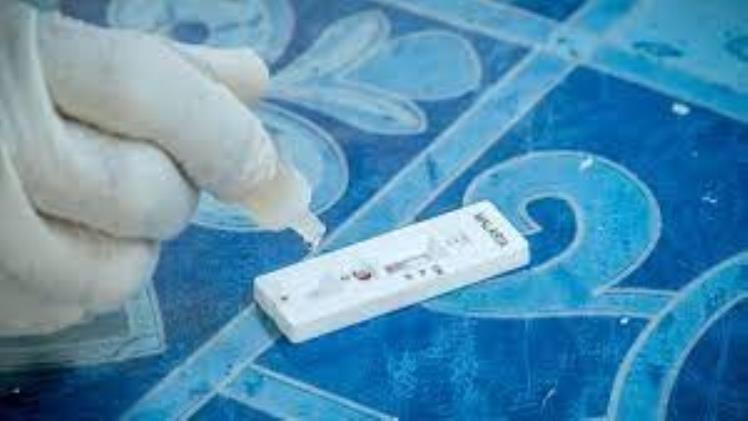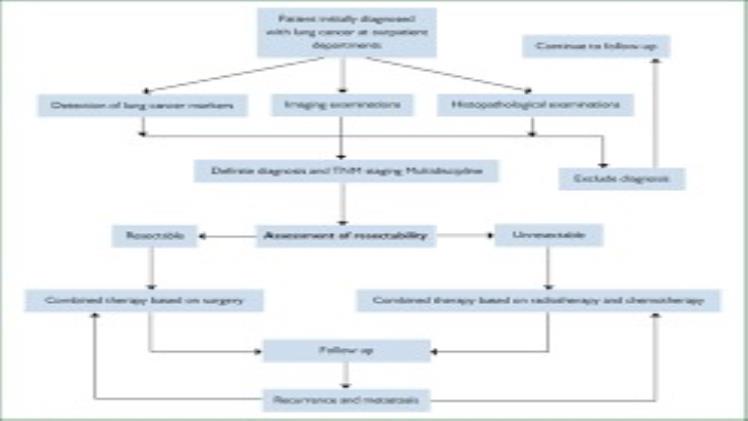Malaria Tests

When you think of malaria, you probably think of a severe headache, aches, and pains all over your body, an enlarged spleen, and seizures. Malaria can also affect your kidneys. Fortunately, you can get a diagnosis of malaria without undergoing any lab tests. Nevertheless, a doctor can use certain tests to determine whether you have the disease. Below are some things to keep in mind:
A blood test can help you identify if you have the disease and which type of parasites are causing your symptoms. The type of parasite in your blood will determine which medication to use. Several antimalarial drugs are available, and the medication you receive will depend on where you were infected, how severe your case is, and how long your illness has persisted. Once you know what type of malaria you have, your doctor can prescribe a treatment that will kill the parasite and get your body on the road to recovery.
The symptoms of malaria include high fever, chills, muscle aches, and headache. If left untreated, malaria can progress into jaundice, anemia, kidney and liver failure, coma, and even death. Malaria symptoms can occur every one to three days. Malaria treatment is necessary if you suspect you have the disease. If you have malaria, contact your doctor immediately. If you have a history of malaria, you may have it. Please Visit For All Details Anewstories





